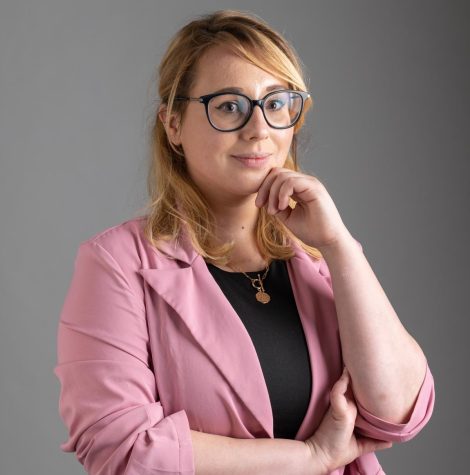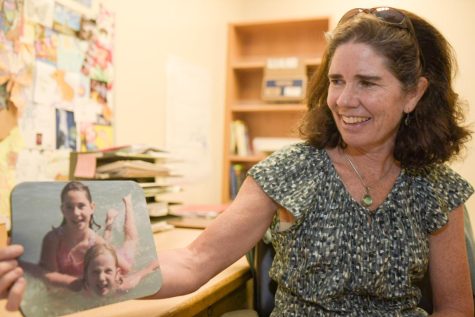



SF State faculty express their thoughts and experiences about the current leave policy.
Sep 21, 2022
The California Faculty Association is pushing Gov. Gavin Newsom to sign Assembly Bill 2464, which would extend the time of paid parental leave for CSU employees.
The bill was passed by the State Senate with a vote of 30-9-1 on Aug. 23. It was enrolled and presented to Newsom during the evening of Aug. 30.
The CSU currently offers its employees up to 30 days of paid leave when the individual is expected to give birth or is being placed with a child through adoption or foster care. When the paid leave is able to begin, the eligible amount of paid leave days depends on the employees’ bargaining unit.
If AB 2464 is passed, employees will be granted paid leave for one semester of an academic year or an equivalent amount of time.
SF State Political Science professor Marcela García-Castañon is a mother to a 6-year-old and a 2-year-old. Her first child was born during the summer after the 2016 Spring academic semester had ended, while her second child was born in November 2019, toward the end of a semester.
Because her youngest child was born in November, Castañon had to consider different aspects of paid leave that she didn’t have to think about during the birth of her oldest child.
“That was difficult because I taught until then,” Castañon said. “I’m a highly specialized instructor, so I am only one of two or three faculty who could teach the slate of classes that I offer.”
According to Castañon, if she wasn’t available to teach, her designated courses could not be offered for students to take.
“We plan almost a year in advance for our classwork, so it adds an extra burden on top of planning for a new family addition,” Castañon said.
Biology professor Heather Murdock was able to take a year off with unpaid leave when she had both of her children. She stated that one month off is “definitely not enough.”

“My first child was a lazy sucker so I had to do what is called a supplemental feeding system,” Murdock said. “She had an umbilical hernia which impeded her digestive tract, but couldn’t be fixed until she turned one.”
Because of this, Murdock spent most of each day feeding her firstborn.
“I can’t even imagine if I had to start back to work after a month,” Murdock said.
According to President of the CFA San Francisco Executive Board and professor James Martel, the current paid leave time isn’t only bad for the employees expecting a child, but for the individual taking the employee’s place, as well as the students being affected.
“Part of the problem is, when they give you six weeks leave, the semester is 15-16 weeks long,” Martel said. “So that creates this crazy problem where a professor who’s going to have a child will teach for a certain amount of time, then somebody else will teach.”
According to World Policy Center Data, the United States is the only country that offers no guaranteed parental paid leave days. Any amount of paid leave is determined by the state or the individual’s employer. The highest amount of paid leave is at least 52 weeks and is offered by multiple countries including Canada.

